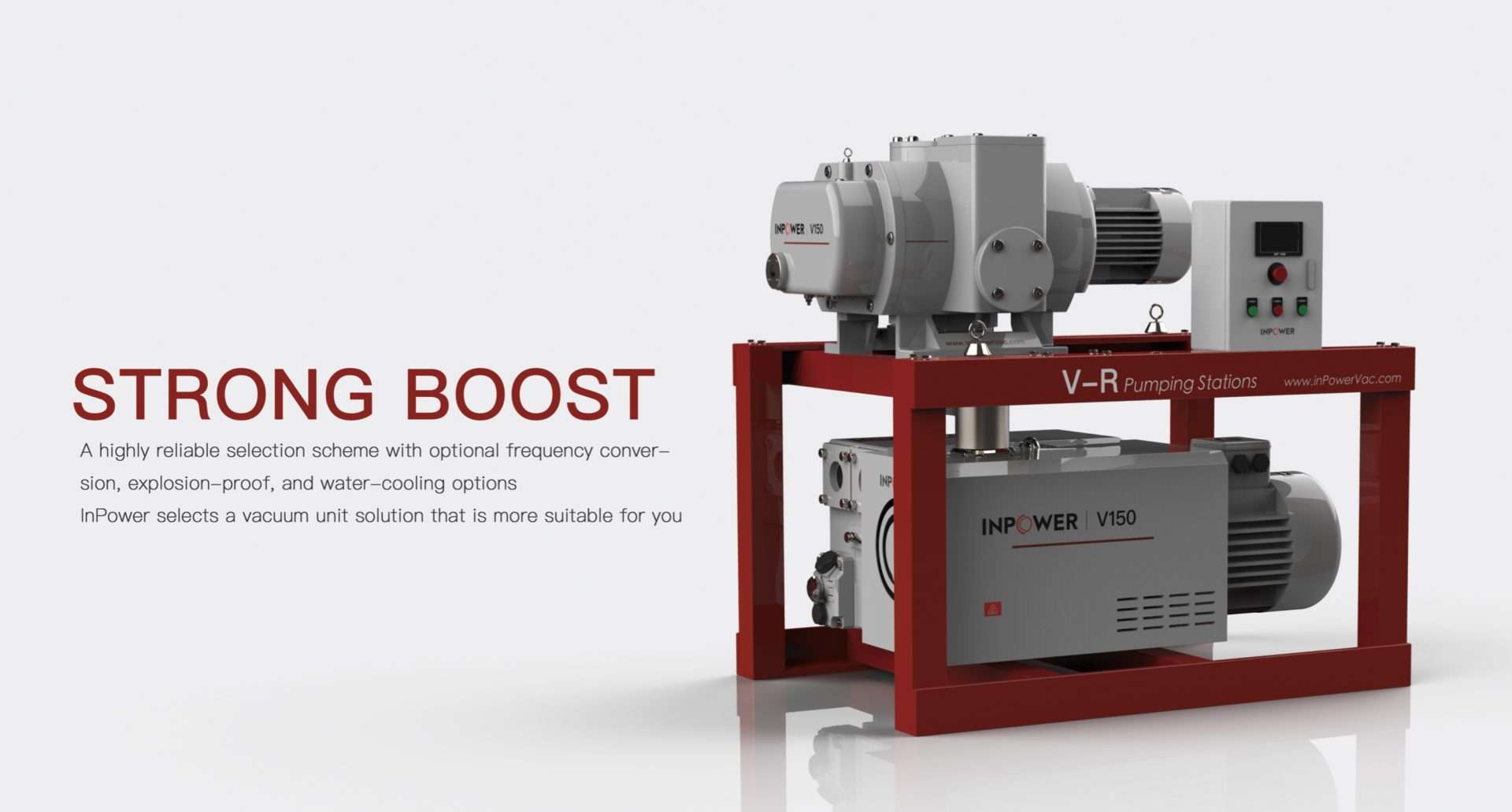Table of Contents
- Introduction
- Understanding Vacuum Pumps
- The Role of Vacuum Pumps in Water Treatment
- Types of Vacuum Pumps Used in Water Treatment
- Benefits of Using Vacuum Pumps in Water Treatment Processes
- Common Applications of Vacuum Pumps in Water Treatment
- Maintenance and Best Practices for Vacuum Pumps
- Conclusion
1. Introduction
When it comes to the water treatment industry, equipment efficiency and reliability can make a significant difference. One unsung hero in this sector is the vacuum pump. Understanding how vacuum pumps work and their application in water treatment processes can provide insightful knowledge for anyone interested in this field. Let’s dive into the world of Hydro Heroes: Vacuum Pumps in the Water Treatment Industry and discover their vital role.
2. Understanding Vacuum Pumps
Vacuum pumps are mechanical devices designed to remove gas molecules from a sealed volume to create a partial vacuum. These machines are essential across various industries, including water treatment, due to their ability to control atmospheric pressure and facilitate specific processes. There are several types of vacuum pumps, each with unique features and applications.
Types of Vacuum Pumps:
- Rotary Vane Vacuum Pumps: Known for their efficiency and reliability.
- Diaphragm Vacuum Pumps: Often used for low-capacity applications.
- Liquid Ring Vacuum Pumps: Ideal for handling wet and damp gases.
- Scroll Vacuum Pumps: Preferred for their oil-free and low-maintenance operation.
3. The Role of Vacuum Pumps in Water Treatment
Vacuum pumps play a pivotal role in water treatment processes. They are involved in several critical functions, making them indispensable in this industry. Below, we break down their primary uses.
Key Functions:
- Degassing: Removing unwanted gases from water to improve its quality.
- Filtration Enhancement: Aiding in the filtration process by creating a vacuum to speed up the separation of solids from liquids.
- Chemical Dosing: Ensuring precise control in the mixing and dosing of chemicals for water treatment.
- Sludge Dewatering: Assisting in the removal of excess water from sludge, making it easier to handle and dispose of.
4. Types of Vacuum Pumps Used in Water Treatment
Different types of vacuum pumps are employed in water treatment processes, each suited to specific tasks. Here’s an overview of the common types and their applications.
Commonly Used Vacuum Pumps:
- Liquid Ring Vacuum Pumps: Effective for handling large volumes of water and maintaining consistent performance even with fluctuating water levels.
- Rotary Vane Vacuum Pumps: Versatile and widely used for various applications, including degassing and filtration enhancement.
- Diaphragm Vacuum Pumps: Suitable for applications requiring oil-free and low-maintenance operation, such as chemical dosing.
- Dry Screw Vacuum Pumps: Optimal for high-capacity and heavy-duty applications, such as sludge dewatering.
5. Benefits of Using Vacuum Pumps in Water Treatment Processes
The integration of vacuum pumps in water treatment processes brings numerous benefits, enhancing efficiency, and reliability.
Key Benefits:
- Enhanced Water Quality: Vacuum pumps enable efficient gas removal and chemical dosing, resulting in improved water quality.
- Increased Operational Efficiency: By speeding up filtration and dewatering processes, vacuum pumps reduce downtime and increase throughput.
- Cost Savings: Efficient vacuum pumps can lower operational costs by reducing energy consumption and maintenance needs.
- Environmental Compliance: Proper use of vacuum pumps ensures adherence to environmental regulations, reducing the risk of penalties and environmental impact.
6. Common Applications of Vacuum Pumps in Water Treatment
Vacuum pumps find application in various water treatment processes. Here’s a list of their common uses.
Applications:
- Water Degassing: Removing dissolved gases to prevent corrosion and improve water taste.
- Reverse Osmosis: Enhancing the performance of reverse osmosis systems by maintaining optimal pressure levels.
- Chemical Treatment: Precise dosing and mixing of chemicals to ensure effective treatment and compliance with safety standards.
- Sludge Treatment: Efficient dewatering and handling of sludge, making disposal environmentally friendly and cost-effective.
- Biological Treatment: Supporting biological treatment processes by ensuring optimal oxygen levels and reducing the presence of unwanted gases.
7. Maintenance and Best Practices for Vacuum Pumps
Proper maintenance and adherence to best practices ensure the longevity and efficient operation of vacuum pumps in water treatment processes.
Maintenance Tips:
- Regular Inspection: Periodically check for wear and tear, leaks, and other signs of damage.
- Lubrication: Ensure proper lubrication of moving parts to reduce friction and prevent premature wear.
- Cleaning Filters and Seals: Regularly clean filters and seals to maintain optimal performance and prevent contamination.
- Monitor Performance: Keep an eye on performance metrics such as vacuum levels and energy consumption to detect issues early.
- Professional Servicing: Schedule periodic professional servicing to address any complex issues and ensure compliance with industry standards.
Best Practices:
- Proper Installation: Ensure vacuum pumps are correctly installed and aligned to prevent operational issues.
- Correct Sizing: Use the appropriately sized vacuum pump for the specific application to avoid overloading and inefficiency.
- Proper Training: Train personnel on the correct operation and maintenance of vacuum pumps to ensure safe and effective use.
- Use Quality Parts: Always use high-quality replacement parts and consumables to maintain the integrity of the vacuum pump.
8. Conclusion
In conclusion, vacuum pumps are indeed the Hydro Heroes in the water treatment industry. Their versatile applications, efficiency, and reliability make them indispensable in ensuring water quality and operational efficiency. By understanding their roles, benefits, and maintenance practices, industries can maximize the potential of vacuum pumps in water treatment processes.

0 Comments